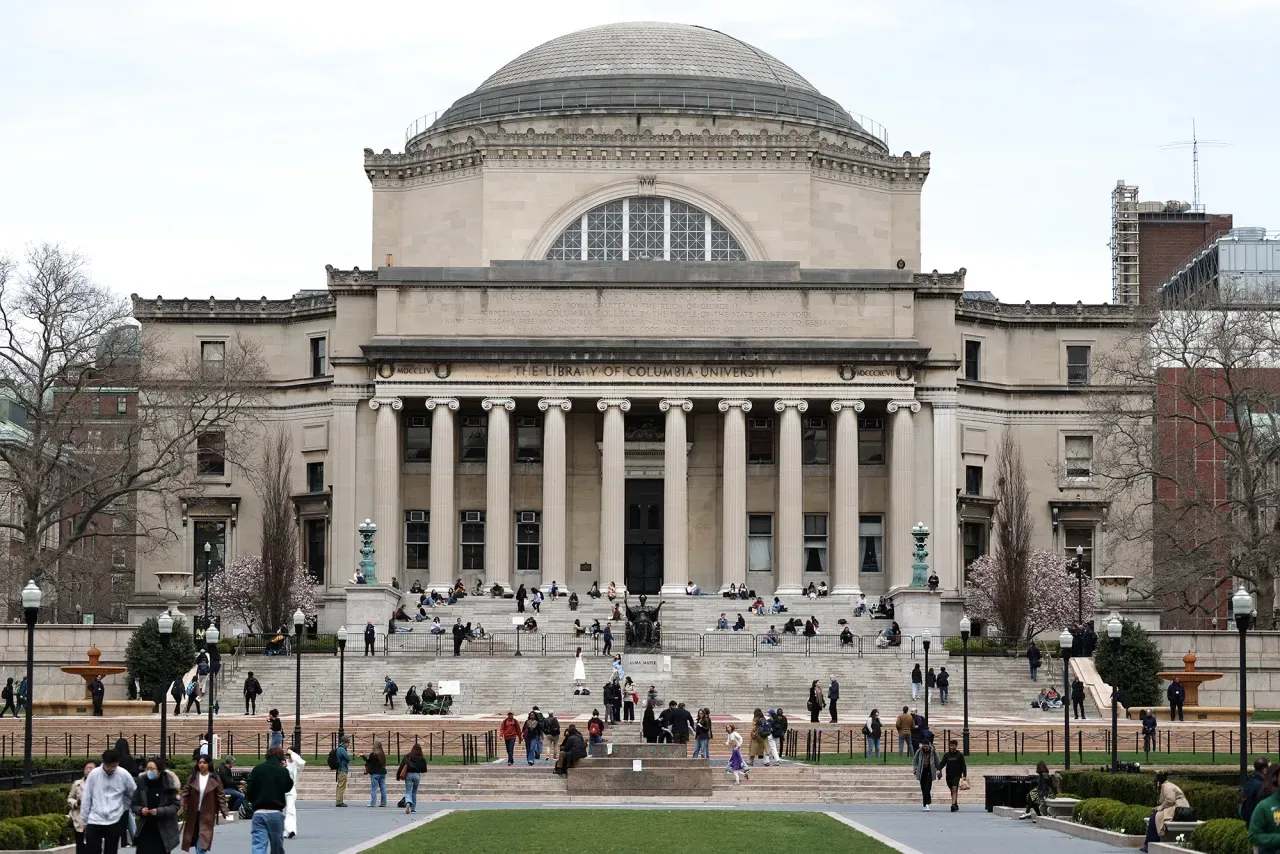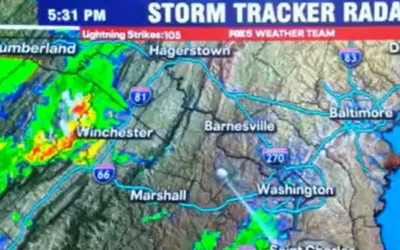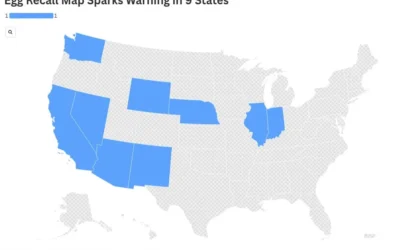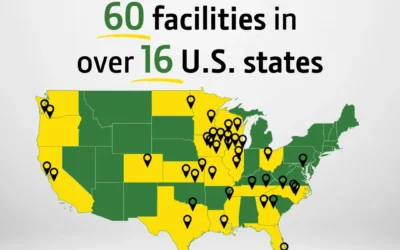White House Threatens Columbia’s Accreditation Over Protests: A New Turn in Academic Freedom
In a striking maneuver, the Trump administration has increased its pressure on Columbia University, with significant ramifications for academic freedom and campus safety. The U.S. Department of Education is now questioning the university’s accreditation status, a shocking development that follows a series of protests on campus related to various social issues, particularly regarding antisemitism and how it is being managed. This situation raises not just questions about free speech, but also about the safety and treatment of Jewish students on campus.
Understanding the Context
Columbia University has long been a bastion of free thought and diverse viewpoints. However, over the past year, it has become embroiled in controversy, primarily due to protests surrounding the Israel-Palestine conflict and concerns over rising antisemitism on campus. Jewish students have reported feeling increasingly marginalized and targeted during these protests, leading to heightened tensions.
What began as a section of the student body expressing dissent over U.S. policy in the Middle East has sparked broader concerns about safety and inclusivity—particularly when these protests have veered into accusations against Jewish students and pro-Israel organizations. This shift in discourse has put the university administration in a difficult position, balancing the need for open dialogue while ensuring that all students feel safe and respected.
Federal Involvement: The Administration’s Response
As frustrations have grown, the Trump administration responded decisively. The Department of Education’s questioning of Columbia’s accreditation appears to serve as a punitive measure aimed at curbing what the administration perceives as a failure to protect Jewish students adequately. Accreditations are crucial for institutions, not just for their reputation, but also for funding and federal support. The threat of losing such status is a powerful tool.
Recent reports suggest that the Education Department is drawing a direct line between Columbia’s handling of campus protests and its accreditation status. Critics argue that this intervention underscores a dangerous precedent where federal authorities manipulate academic standing to enforce compliance with political agendas.
Implications for Academic Freedom
The potential consequences of these threats could have long-lasting effects on academic institutions across the nation. Universities might adopt more stringent regulations on protests and free speech to avoid federal scrutiny, leading to a chilling effect among students and faculty alike. The administration’s tactics may deter institutions from fostering an environment where dissenting opinions and critiques can be voiced, especially on polarizing issues.
Many faculty members at Columbia, as well as external commentators, have voiced significant concern. A group of over 300 professors issued an open letter stating, “The use of federal power to suppress dissent is an affront to the principles of academic freedom that guide our institutions.” The growing consensus among educators is that the White House’s involvement could set a dangerous precedent for how academic institutions enforce and protect student rights.
A Complex Landscape for Jewish Students
Jewish students at Columbia are experiencing an unprecedented crisis of identity during this charged atmosphere. While many advocate for Palestinian rights and legitimate concerns over international policy issues, they also report feeling betrayed by their university’s handling of these tensions. Acts of vandalism, threatening language, and hostile environments during protests have caused some Jewish students to feel unsafe on their own campus.
In response to the rising tide of antisemitism, various Jewish organizations have ramped up their grassroots activism, holding community forums and dialogues throughout the campus. They argue that Jewish identity and safety should be front and center in discussions about the protests, as well as university policies. Leaders in the Jewish scholarly community have echoed similar sentiments, emphasizing the need for the administration to adopt a more robust framework for protecting students.
Institutional Response and Future Outlook
Columbia’s administration has made efforts to respond to concerns from the Jewish student population. They issued statements condemning antisemitism and encouraging open dialogue about the complexities of the Israel-Palestine issue. However, skepticism persists among students and faculty regarding the effectiveness of these measures.
In light of the federal government’s threats, Columbia University may have little choice but to navigate a narrow path that allows for academic freedom while also addressing the safety and well-being of its students. Observers suggest that increased oversight may result in the university implementing more robust policies, potentially leading to heightened restrictions on protest activity.
The Bigger Picture: What It Means for Higher Education
The developments at Columbia are not isolated. They reflect a larger pattern across higher education in the U.S. where political pressures intersect with academic environments. Other universities, particularly those with large Jewish populations or whose student bodies are similarly polarized on political issues, could soon face similar threats.
As the administration leverages accreditation to enforce its vision for campus free speech and student welfare, educational institutions may react in varied ways—some may push back, while others might acquiesce to federal demands, potentially sacrificing crucial academic values in the process.
The future of how universities handle protests and free expression remains uncertain. If this climate continues, we may witness a transformation in academic standards, where universities become increasingly cautious, trying to avoid scrutiny while managing the diverse expectations of their students.
Conclusion
The situation at Columbia University serves as a litmus test for the delicate balance between academic freedom and student safety within a polarized political landscape. The threats from the White House may have profound implications beyond Columbia, prompting other academic institutions to reevaluate their own policies and approaches. As campus environments evolve, only time will tell how colleges and universities will adapt to these ongoing challenges and pressures.
As students and faculty continue to engage in discussing both the complexities of foreign policy and the principles of free expression, it is crucial to remember the inherent value of these dialogues, especially when fraught with tension. Protecting all students while maintaining the core values of academia will necessitate continued effort and vigilance from all sides.







